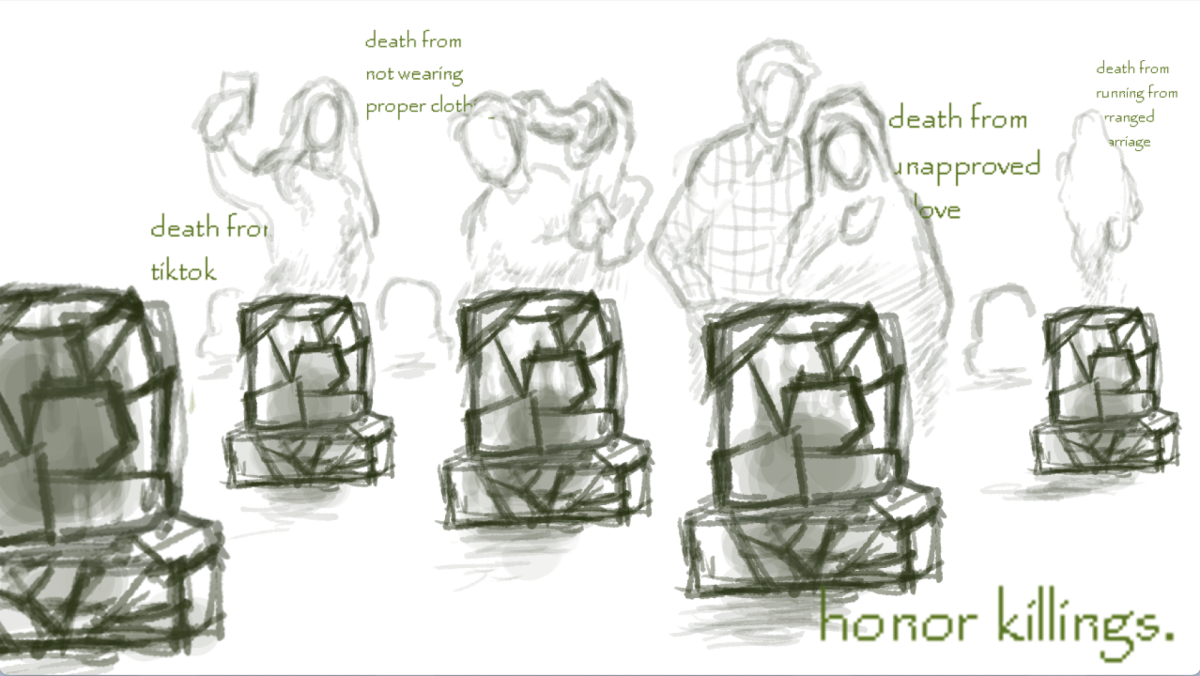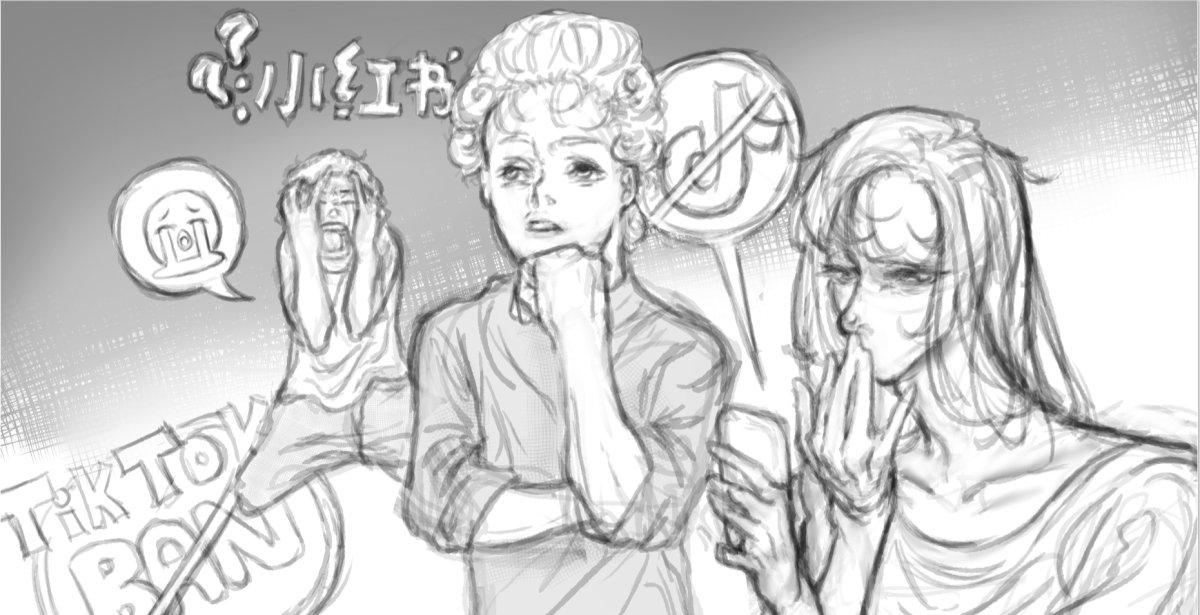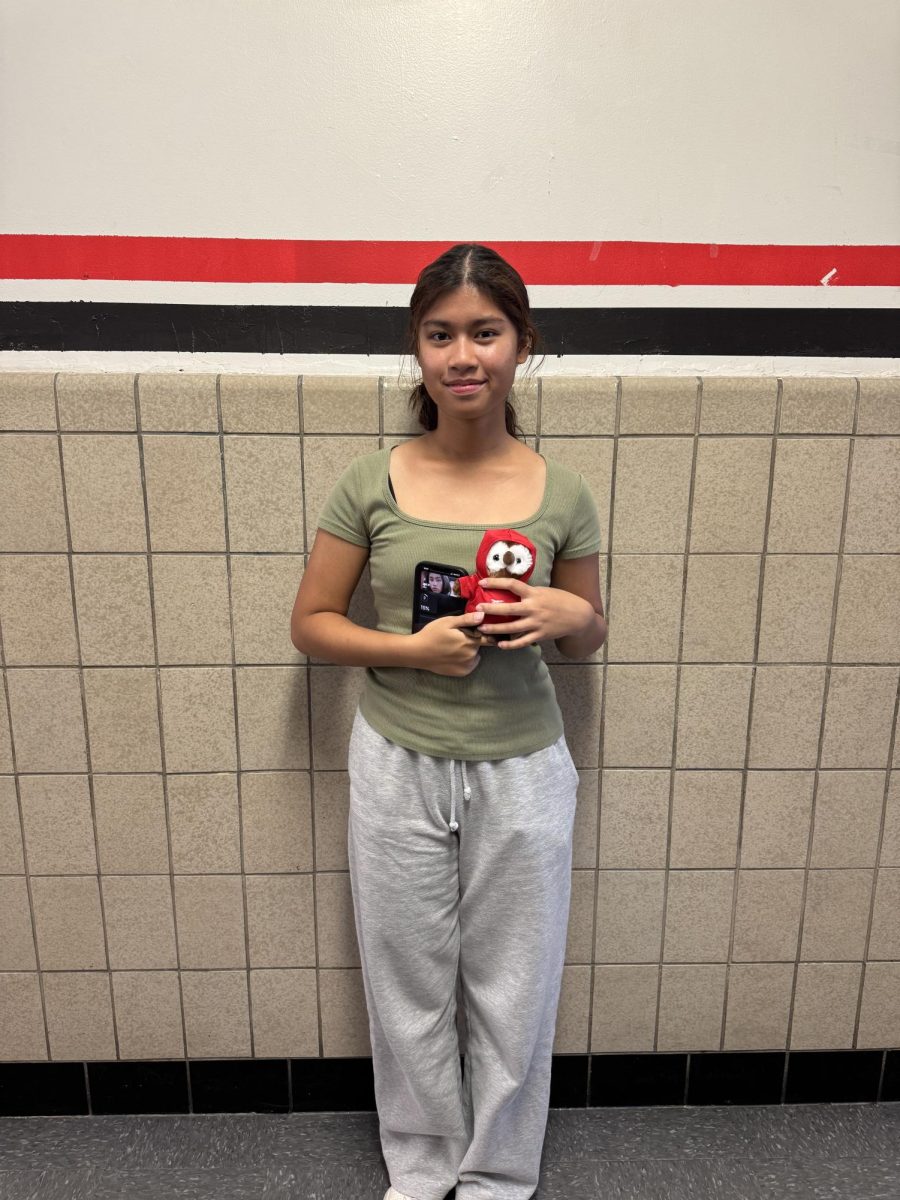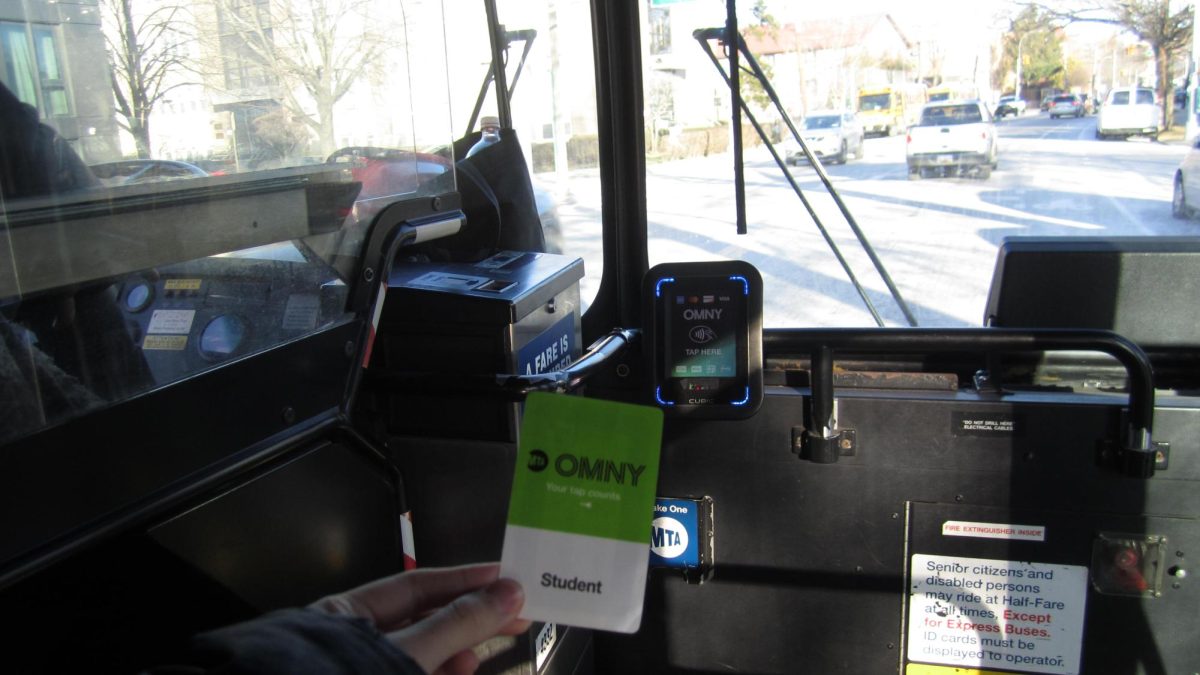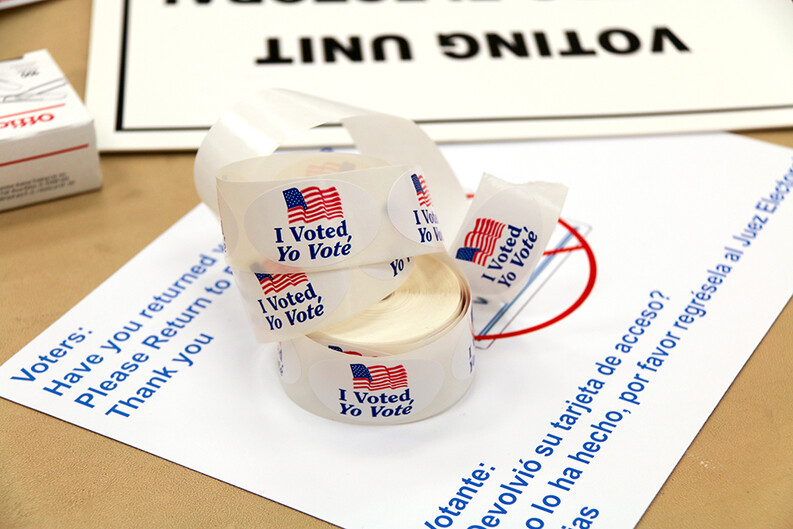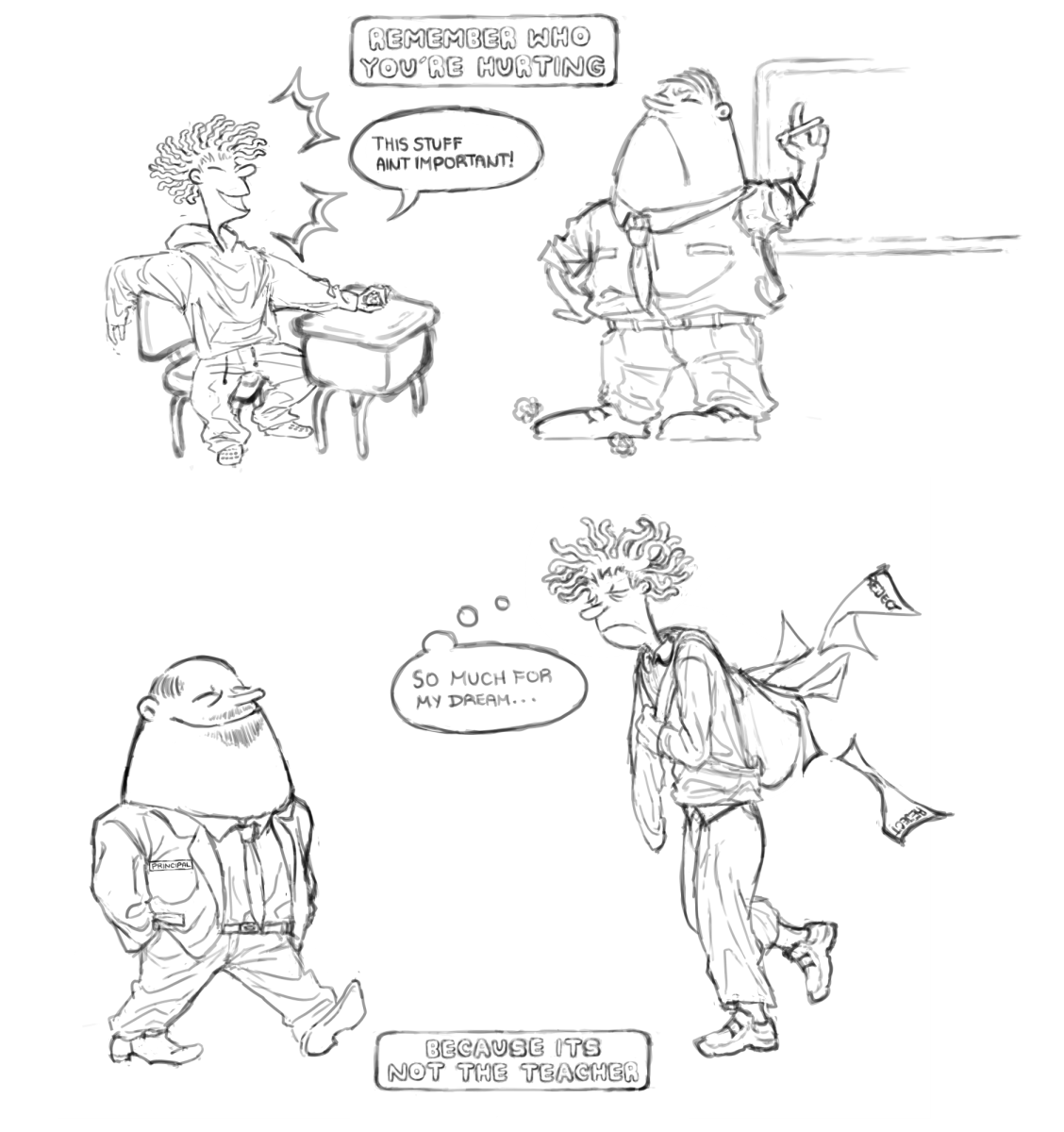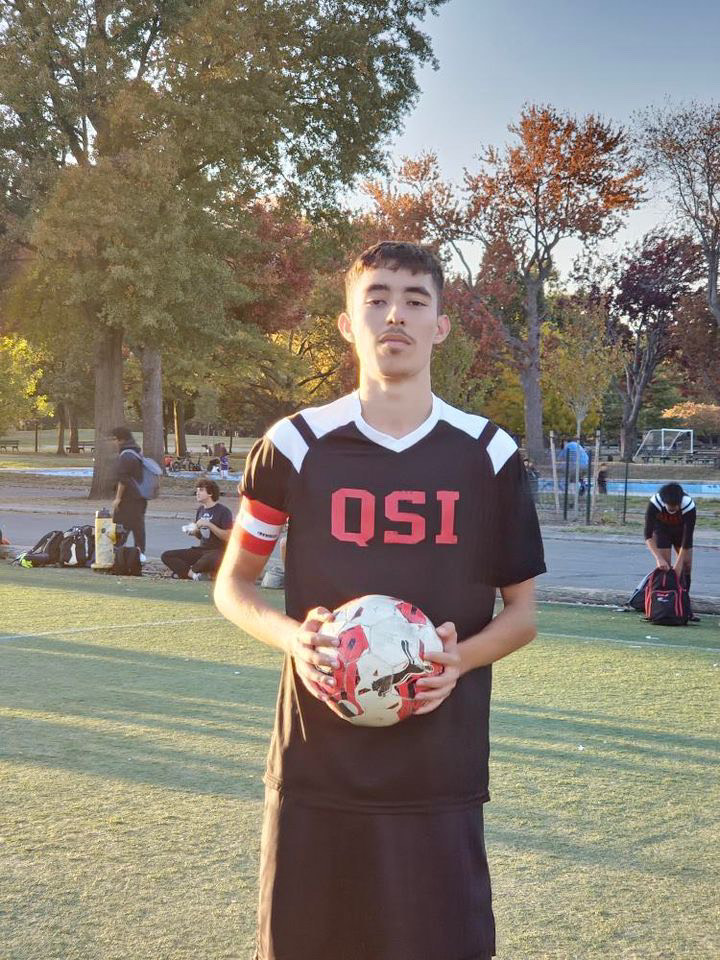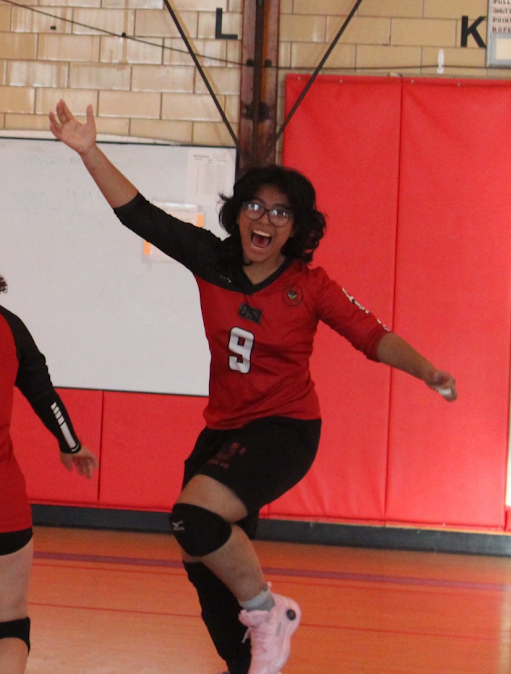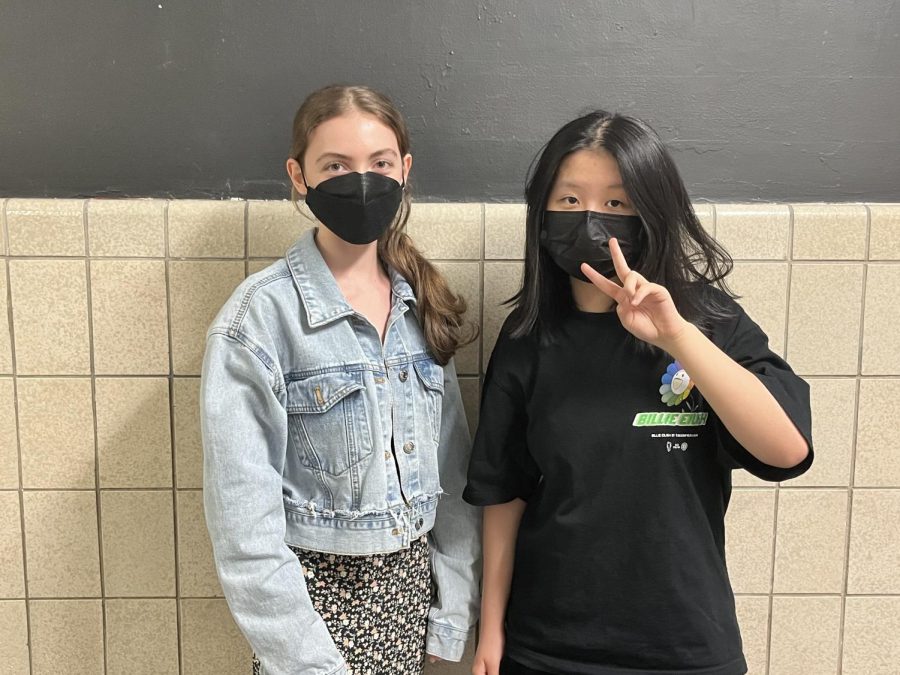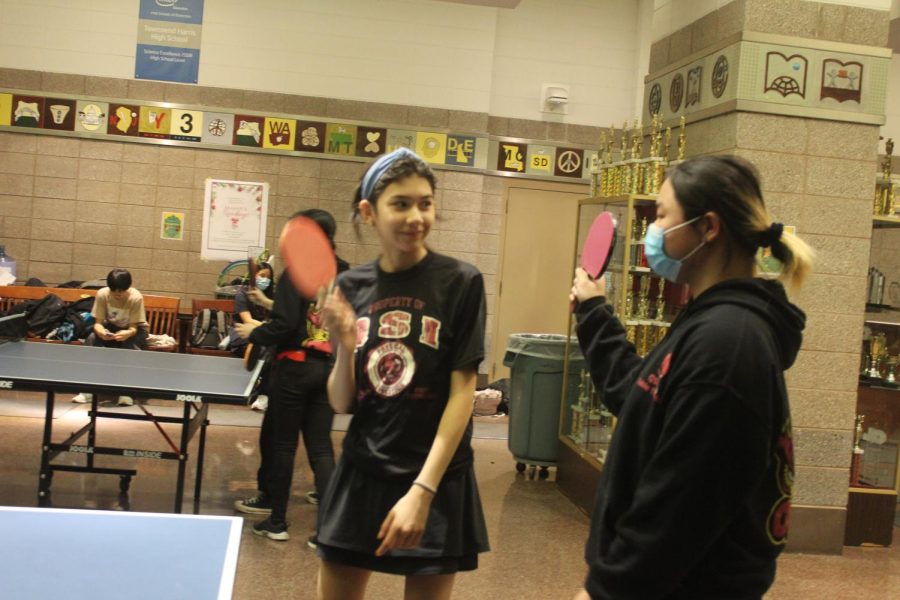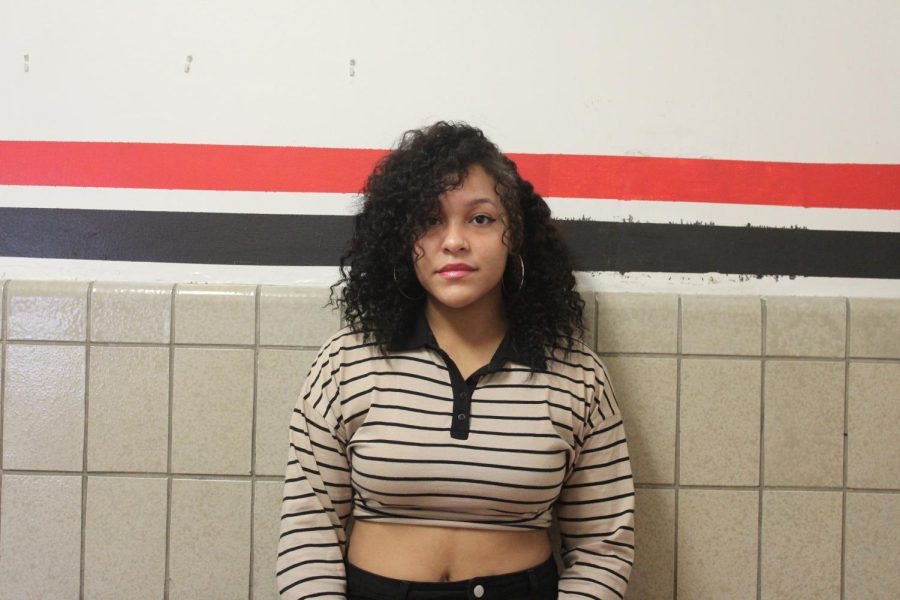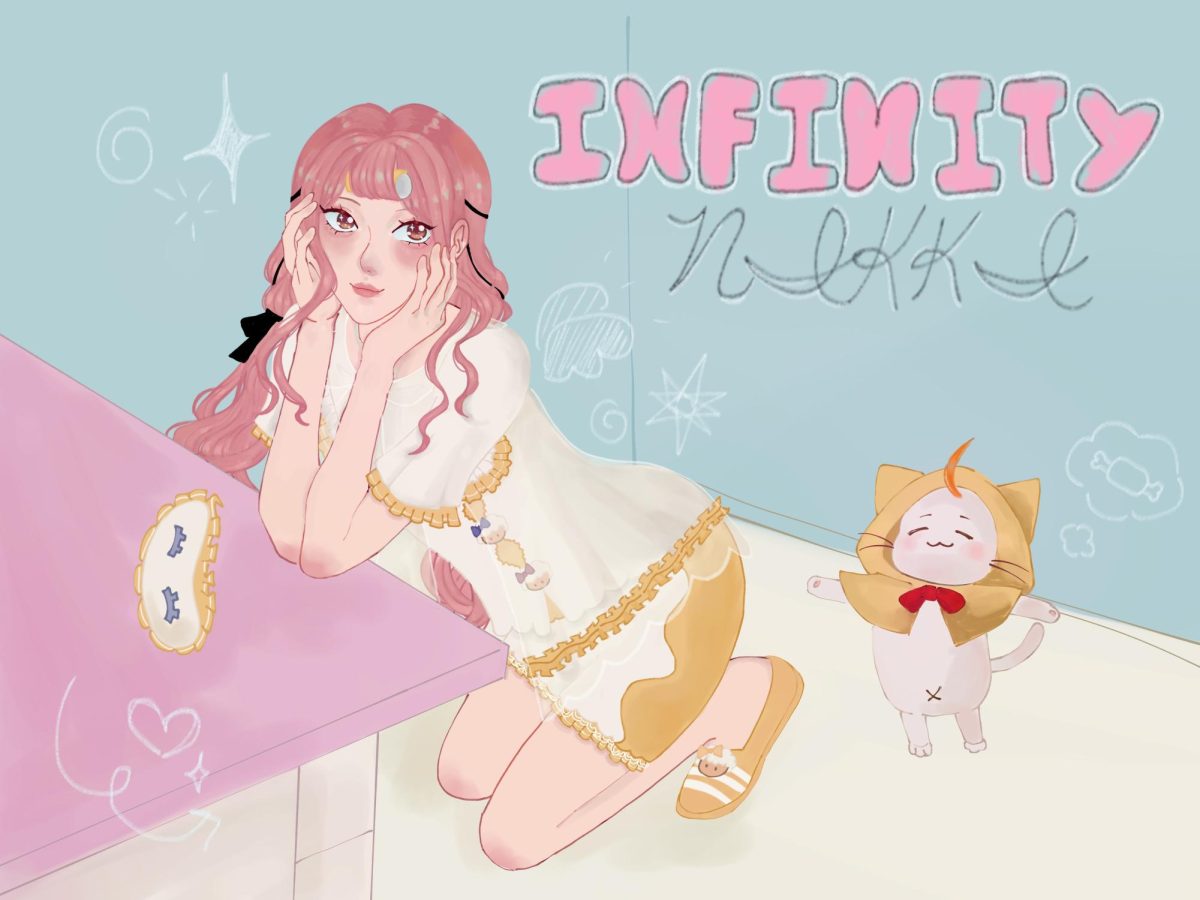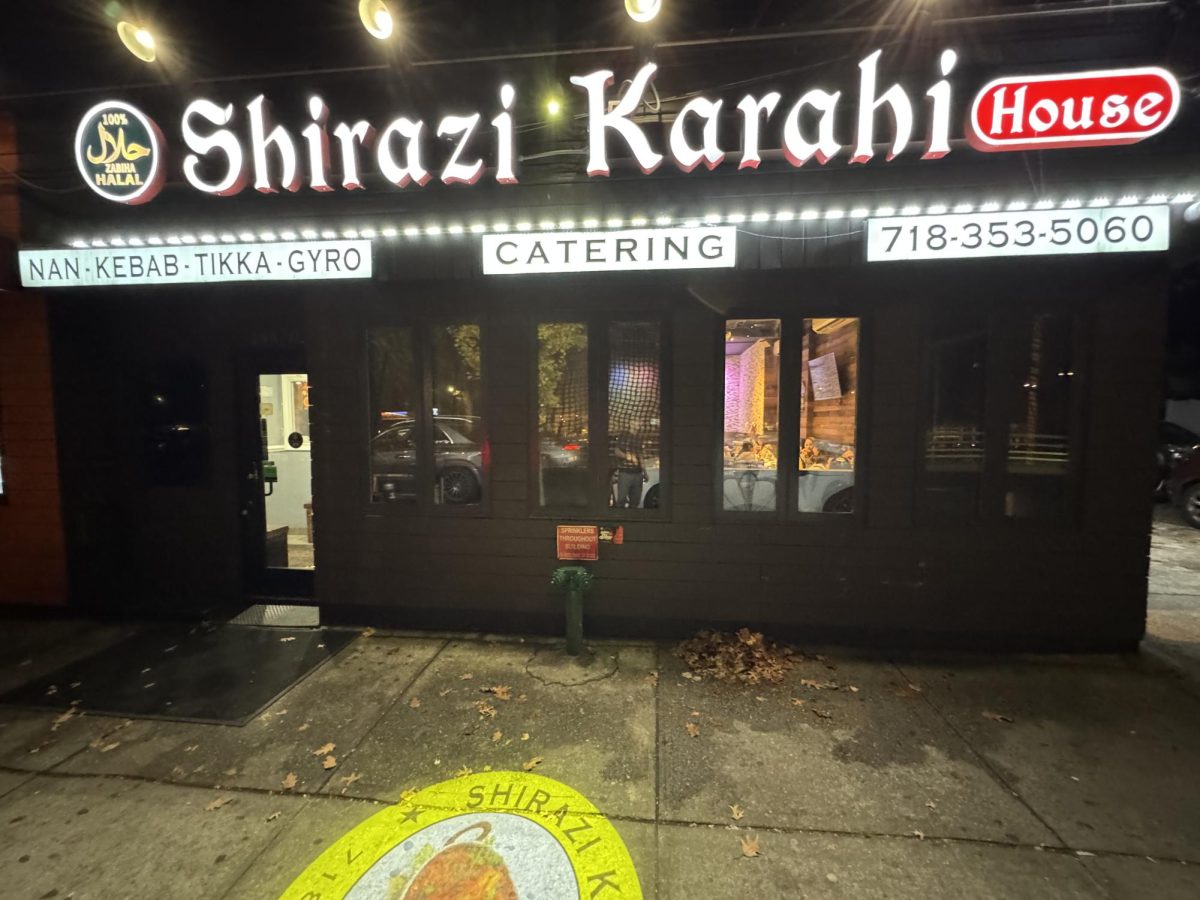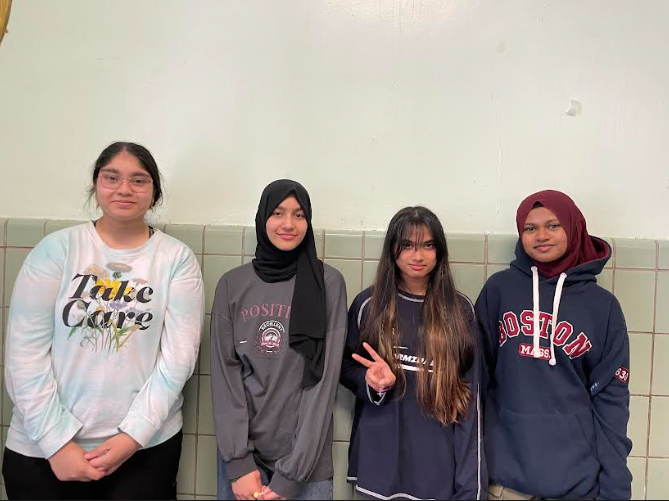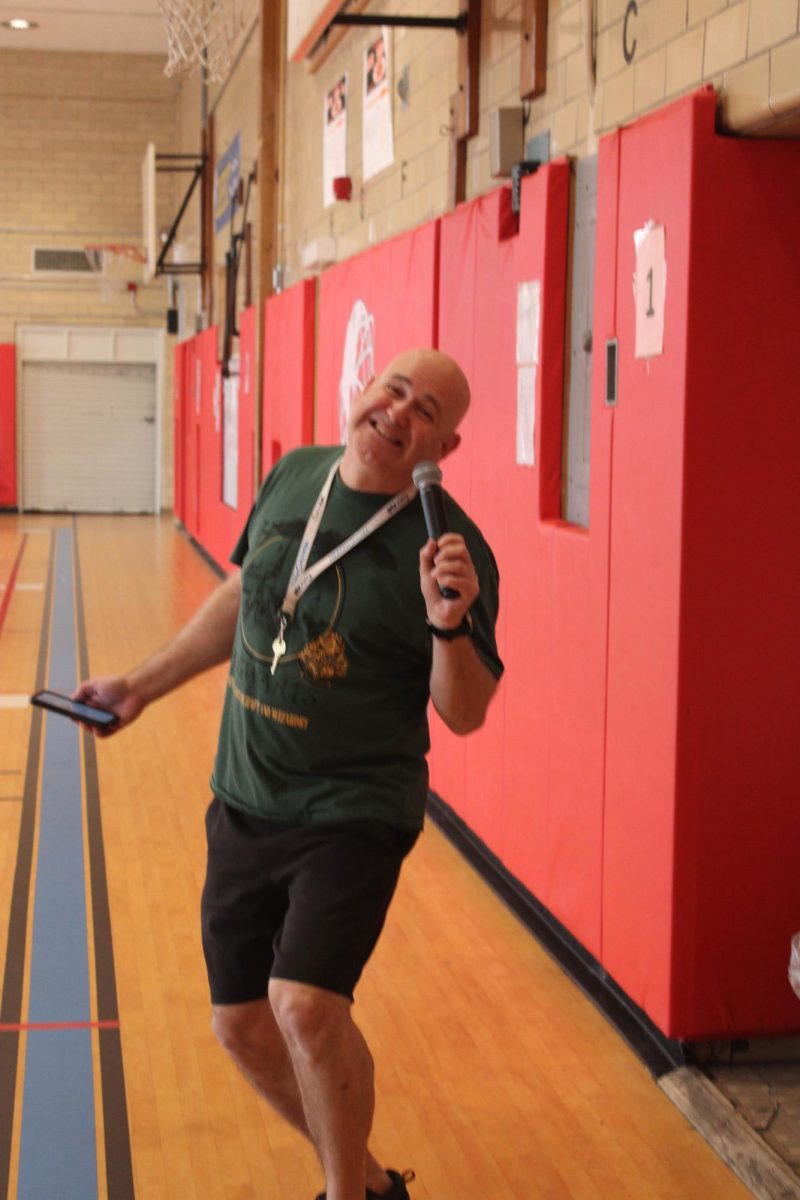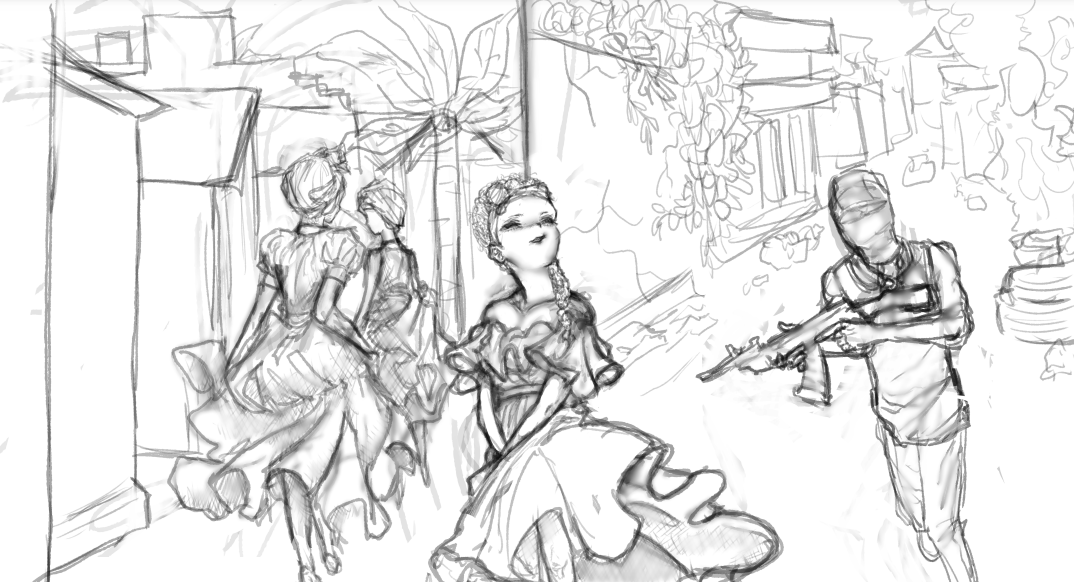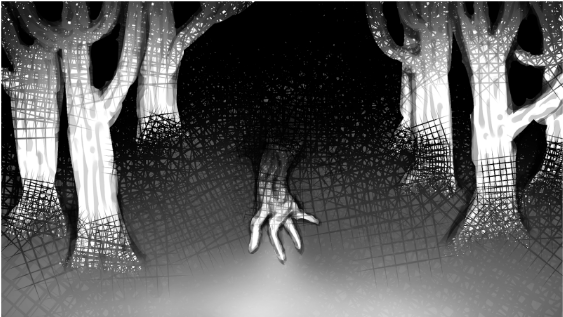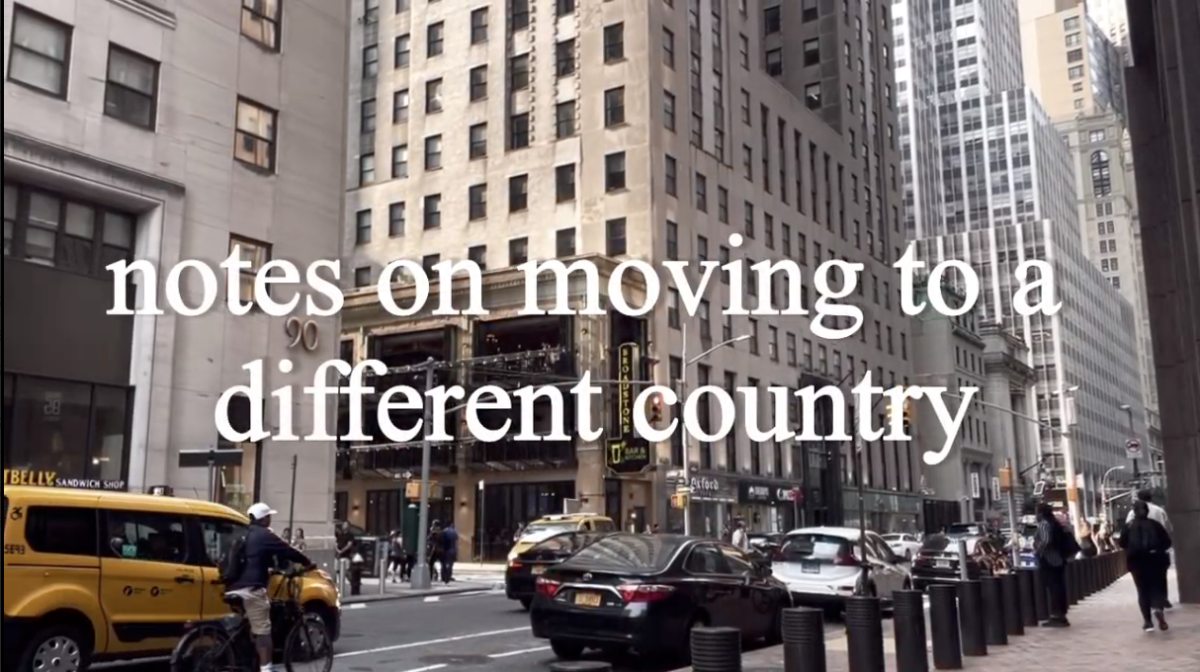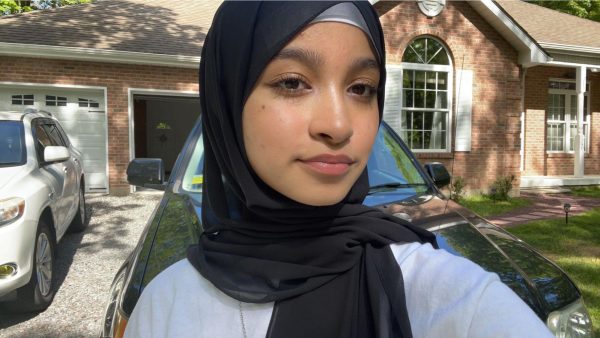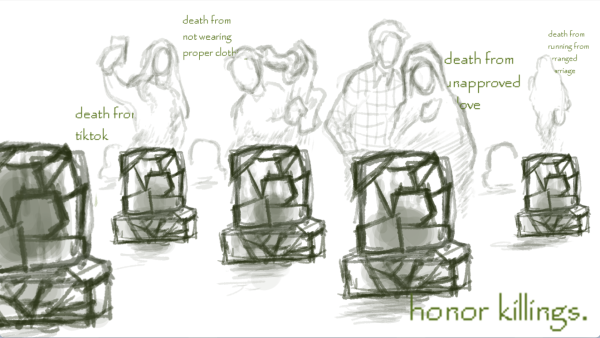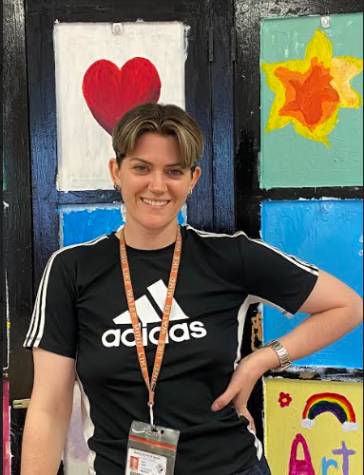What does the hijab mean to you?
June 16, 2023
Feelings of confusion and nervousness ran through me as my mother placed a hijab on my head. I was six years old. I walked from my parents’ room to the bathroom and studied myself in the mirror. The hijab covered down to my shoulders and it was pearl white with white lace trim. I tilted my head slightly left and right to see how I looked from different angles. I thought to myself, “Why do I have to wear this?”
A hijab is a type of head covering worn by some Muslim women and girls as a symbol of modesty. I had to wear one starting when I was six-years-old because I attended an Islamic elementary school and it was a mandatory part of my uniform. When I transferred to a public school, I continued to wear a hijab because I found it comforting and liked being recognized as a Muslim.
Gender oppression is what some people jump to when reasoning why Muslim women wear the hijab. Although wearing a hijab is obligatory in some countries, in the United States it is generally a woman’s choice to wear the hijab or not; there are no laws mandating women to cover.
Of course, gender oppression exists despite laws against it, but I do not feel oppressed by wearing a hijab. For me, in some ways, the hijab actually does the opposite. It’s a way to protect myself from the routine sexism that girls and women face. Choosing to cover is a way for me to keep power of my own body and not conform to Western beauty standards, which often sexualize girls and women’s bodies.

Another reason why I wear a hijab is because it’s a form of religious expression and is based on readings from the Quran. In chapter 33, verse 59, Al Ahzab of the Quran says, “O Prophet! Enjoin your wives and your daughters and the believing women, to draw a part of their outer coverings around them.” And in chapter 24, verse 31, Sura Al Noor says, “And say believing women that they should lower their gaze and guard their modesty; and that they should not display their beauty and ornaments except what must ordinarily appear thereof; that they should draw their veils over their bosoms and not display their beauty except to their husbands…”
I spoke with several other Muslim students who shared their thoughts about wearing a hijab.
“I wore it for a week when I was nine and [stopped] because no one else was wearing [one]. Then I wanted to wear it when I was 14 because of modesty for Allah,” said freshman Aishah Hanisdeen.
Another freshman, Shifa Tahir, also decided to wear a hijab for the first time at a young age. “I think I started wearing it when I was eight,” Tahir said. “It was my choice and I wear it because it identifies me and because I want to. It’s part of my religion.”
“I enjoy wearing it,” said sophomore Naqiya Moore. “It’s a sense of modesty for women because, you know, everything about women can be sexualized and we are supposed to cover as a way to keep us protected and modest,” she said.
Other students, while respecting those who wear hijabs, have chosen not to wear one.
“I tried wearing it in eighth grade but I felt like I was being forced to wear it so I took it off,” said sophomore Myra Attique who does not wear a hijab. “I guess I felt a little scared because I didn’t want people to judge me, but in the end, I don’t really care about what other people think about it because there are other hijabis [people who wear hijabs] in the school. I am going to wear it in the future when I’m ready,” she said.
Freshman Mayesa Tasnim also doesn’t wear one, mostly because her mother doesn’t wear one.
“I feel like the hijab is a beautiful way to express beauty and I’ve tried it many times. I plan on wearing a hijab when I start college,” said Tasnim. “This is mostly because I feel like it’s too late to start it now, so I can get a fresh start in college.”
Like Tasnim, sophomore Farabi Shahin has mixed feelings.
“It’s not like I don’t like the hijab. I do… I just feel like I do everything I’m supposed to. It’s just the hijab; I’m not ready to wear the hijab,” said sophomore Farabi Shahin. “I used to wear it. Just not anymore. I feel like I should wear it. But not yet.”
For one student, the decision to wear a hijab was not initially her own.
“I was 14 and I was forced to wear it in the beginning. I didn’t end up wearing it, but I came to a decision on my own in eleventh grade [to wear it],” said senior Bakhtawar Tahir. “It stopped me from doing a lot of things that I was doing which weren’t permissible in my religion.”
Throughout the years of wearing the hijab, like some of the students I spoke with, I’ve thought about whether I should keep wearing a hijab. And I admit that there have been times when I wanted to take it off for different reasons such as wanting to fit in with my friends or fear of getting attacked for wearing one. But, it has become such a part of my identity that I simply cannot imagine living without my hijab on anymore. I choose to wear the hijab because I find it important as a Muslim woman to represent my religion and it makes me feel confident and safe. And now at 16, as I look in the mirror, I am proud to be a hijabi.
